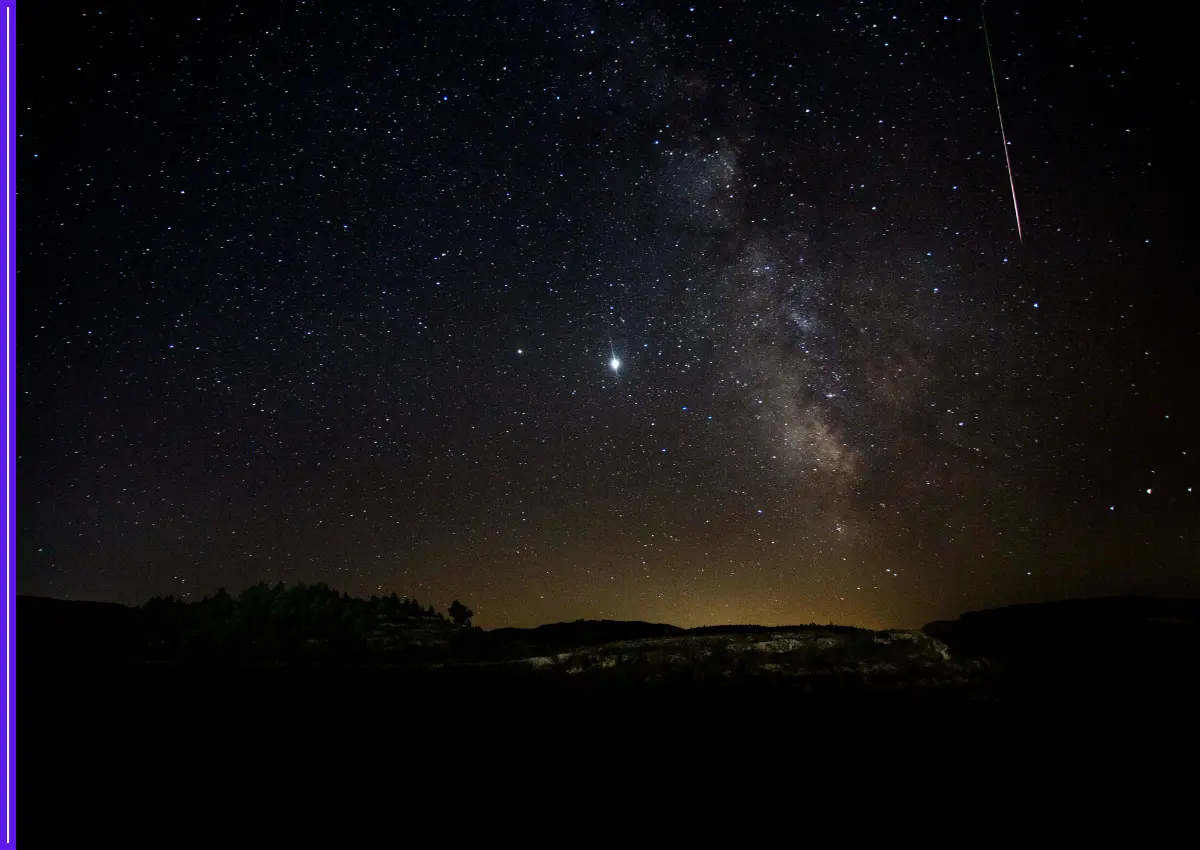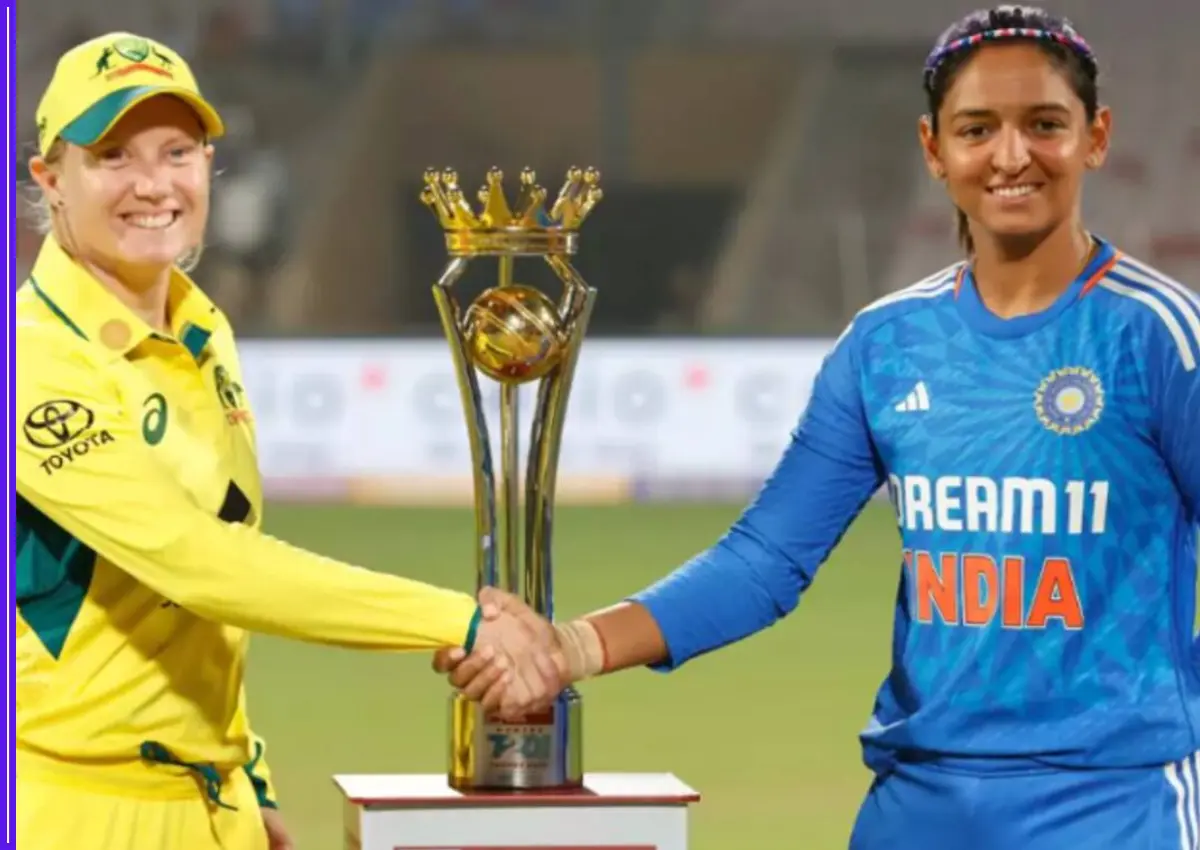The prime minister of Iceland was among the tens of thousands of women who took part in a walkout to raise awareness of the systemic gender wage gap and gender-based violence that exist in the nation.
Known as the “Kvennafri,” or “Women’s Day off,” organisers noted that the walkout also served to highlight the enormous contribution that women make to Icelandic society.

The Federation of the Public Workers Union, the biggest association of public worker unions in Iceland, was among the nearly forty groups that participated in the walkout.
“On October 24, all women in Iceland, including immigrant women, are encouraged to stop work, both paid and unpaid,” the organisers of the event stated. “For the whole day, women and non-binary people will strike to demonstrate their contribution to society.”
“This year, as with 1975, we will strike for the entire day. Gender-based violence is a pandemic that needs to end, and systematic wage inequality still impacts women, according to the organisers.
In an all-day pause on Tuesday, the strike’s organisers urged women and non-binary people in Iceland to refrain from working for pay or without it. Instead of participating in the walkout, men were invited to “show their support in action by taking on additional responsibilities in the home.”
The turnout in the city was enormous, according to 24-year-old Akureyri resident Melanie Edwardsdóttir, who was speaking with ABC News.
“I haven’t seen exact numbers. The main town square, the second biggest city in Iceland — is packed!” stated Edwardsdóttir.
It was anticipated that a minimum of 25,000 women and non-binary individuals would gather in Reykjavík to demonstrate, shouting “Kallarðu þetta jafnrétti?” which roughly translates to “You call this equality?”
Nearly 90% of Icelandic women went on strike on October 24, 1975, to demand gender equality. The historic Equality Act was passed by Icelandic government officials in 1976 as a result of the walkout, which was hailed as a “watershed” event.
Iceland has been recognized as the “most gender-equal country in the world” by the World Economic Forum for 14 years running. Being the only nation on Earth to have reduced the gender gap by more than 90%, it is frequently referred to as a “feminist haven.”
Prime Minister of Iceland, Katrín Jakobsdóttir, stated that the battle for gender parity is still ongoing.
“My main motivation for doing this is to support Icelandic women. Speaking on Friday during a government meeting, Jakobsdóttir said, “As you know, we have not yet achieved our goals to full gender equality and we are still tackling the gender-based wage gap, which is unacceptable in 2023.”
According to Statistics Iceland, the gender pay gap in Iceland was 10.2% in 2021. The largest difference was observed in the financial and insurance industries, where it increased to 29.7%. According to the wage distribution, “proportionally more women have lower paying jobs” in Iceland.
Organisers noted that, as they make up 22% of the labour market in Iceland, immigrant women make a “invaluable” contribution to Icelandic society. But their contributions are rarely recognized by society or in their pay.
“Despite all Iceland’s progress it hasn’t reached full gender equality, is only ranked by the WEF as having 91.2 percent of its pay gap closed – not 100,” stated Edwardsdóttir. According to a University of Iceland research, for instance, one in four Icelandic women report having experienced sexual assault or rape; the majority of these cases end in a mistrial. Thus, many individuals are unaware of some truly serious problems.”
Iceland is currently the world’s most gender-neutral nation.









